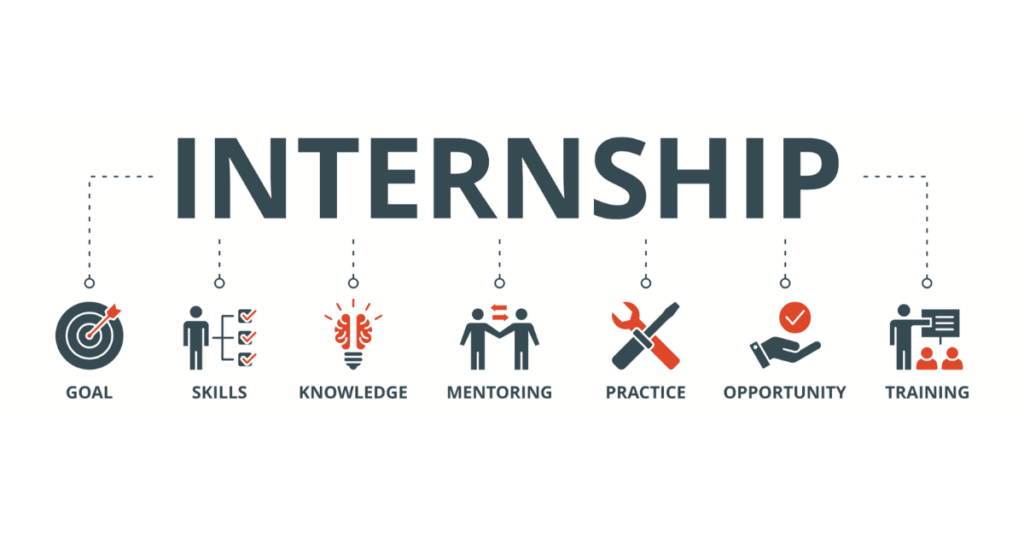The workplace is rapidly evolving, with new technologies and industries emerging at an unprecedented pace
As a result, there is a growing skills gap between the skills that employers need and the skills that job seekers possess. Internship programs can play a critical role in bridging this skills gap and preparing the workforce for the future of work
1. Experiential Learning
Internships provide students and young professionals with an opportunity to gain hands-on experience in their chosen fields. This experiential learning is critical for developing the skills needed for success in the workplace. By working alongside experienced professionals and applying their classroom knowledge to real-world situations, interns can gain a deeper understanding of their field and develop practical skills that are in high demand by employers.
2. Career Exploration
Internships also provide an opportunity for career exploration. Through internships, students and young professionals can test their skills in different industries or job roles, gaining insight into what they enjoy and where their strengths lie. This exploration can help them make more informed decisions about their career paths and develop the skills needed to succeed in their chosen fields.
3. Professional Development
Internships offer opportunities for professional development, such as attending industry conferences or workshops, networking with professionals in their field, and learning from mentors. These experiences can help interns develop new skills and knowledge and stay up-to-date on the latest trends and technologies in their field.
4. Collaboration and Innovation
Internships can also foster collaboration and innovation. Interns bring fresh perspectives and new ideas to the workplace, which can lead to creative solutions and innovations. Additionally, by working alongside experienced professionals, interns can learn from their mentors and colleagues and contribute to the organization in meaningful ways.
5. Talent Pipeline
Internship programs can serve as a talent pipeline for employers. By offering internships, organizations can identify and develop talent that aligns with their needs and values. This can lead to more effective hiring processes and reduce the skills gap by ensuring that there is a pool of qualified candidates with the skills needed for success in the workplace.
In conclusion, internships can play a critical role in bridging the skills gap and preparing the workforce for the future of work. By providing experiential learning, career exploration, professional development, collaboration, innovation, and serving as a talent pipeline, internships can equip students and young professionals with the skills and knowledge needed to succeed in the workplace. As the workplace continues to evolve, internships will become increasingly important for building a skilled and adaptable workforce.



